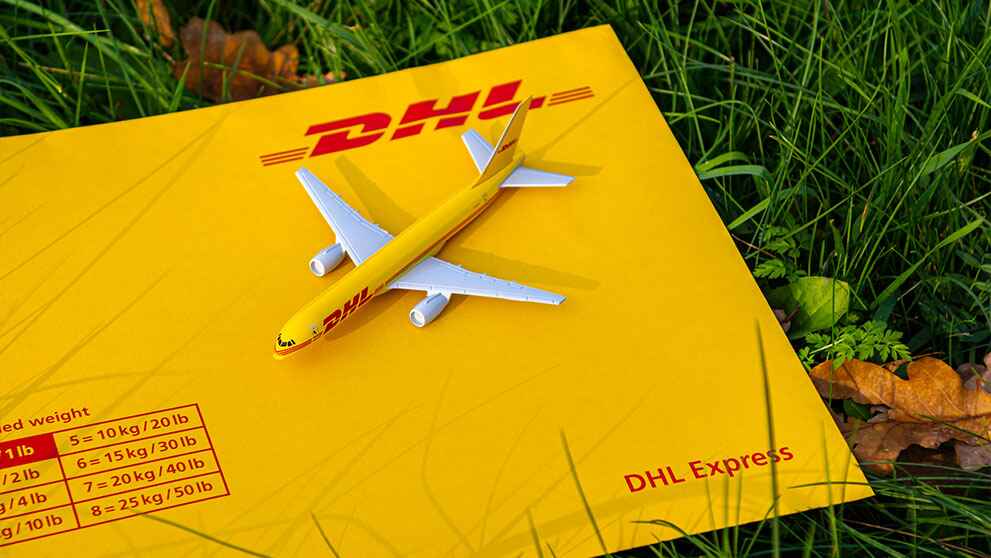Kenya is not only renowned for its breathtaking landscapes and rich wildlife but also as a burgeoning hub for trade and finance in East Africa. For ambitious entrepreneurs and businesses aiming to go global, understanding Kenya's top export commodities is essential.
As the most industrialized country in East and Central Africa, Kenya's main export partners include the African region, the United Kingdom, the Netherlands, and the United States.
This article delves into the most lucrative exports, explores emerging opportunities, and guides you through the intricacies of export regulations.
Lucrative Export Opportunities
Kenya's strategic location and favorable climate make it a powerhouse for producing several high-demand commodities. Let's explore some of the top export opportunities:
Tea: As the third-largest tea producer globally, following China and India, Kenya's high-altitude regions offer perfect conditions for producing some of the finest-quality tea. By January 2024, Kenya had exported 51.2 thousand metric tonnes of tea. In 2023, tea export earnings reached a remarkable 180.57 billion shillings (approximately 1.22 billion U.S. dollars), up from 940 million dollars the previous year.
Coffee: Renowned for its rich flavor and aroma, Kenyan coffee is a favorite among coffee enthusiasts worldwide. Coffee exports in Kenya surged from 1,478.3 metric tonnes in December 2023 to 2,685.8 metric tonnes in January 2024, with a corresponding value increase from KSh1.2 billion to KSh2.1 billion. Premium markets include the United States, Germany, and South Korea.
Horticultural Products: Kenya is a major exporter of fresh flowers, fruits, and vegetables. The floriculture industry, particularly roses, has experienced significant growth. In 2021, floriculture earned Kenya KSh110 billion (USD 809 million), with key markets in Europe, especially the Netherlands, the UK, and Germany. Additionally, Kenyan avocados, mangos, and other tropical fruits are gaining international popularity, with avocado exports alone increasing by 17% annually.
Livestock and Animal Products: Kenya exports a range of animal products, including hides, skins, and leather goods. The demand for these products is growing in countries such as Italy, China, and India.

Emerging Export Possibilities
While traditional commodities dominate, several emerging export opportunities are worth exploring:
Essential Oils: With the rising global demand for natural and organic products, Kenyan essential oils like tea tree, lavender, and lemongrass are gaining traction. These oils are used in cosmetics, aromatherapy, and pharmaceuticals. The global essential oils market is projected to reach $14.1 billion by 2026, presenting a lucrative opportunity for Kenyan producers.
Handicrafts and Artisanal Products: Kenyan handicrafts, including beadwork, wood carvings, and textiles, have a unique appeal. The rise of e-commerce platforms allows these products to reach a wider international audience seeking authentic and culturally rich items. The global handicrafts market is expected to reach $2,394.32 billion by 2032, offering significant opportunities for Kenyan artisans.
Navigating Export Regulations and Compliance
Exporting goods from Kenya involves adhering to various regulations and compliance standards. Here are some practical steps to ensure a smooth process:
Understand Export Requirements: Familiarise yourself with the export regulations set by the Kenya Export Promotion and Branding Agency (KEPROBA). This includes obtaining necessary permits, adhering to product standards, and ensuring proper documentation. It's essential to keep up-to-date with changes in regulations to avoid compliance issues.
Quality Control and Certification: Quality is paramount in the international market. Ensure your products meet the required standards and certifications, such as the Kenya Bureau of Standards (KEBS) certification, which verifies that goods comply with market requirements. Obtaining quality certifications like ISO can also enhance your product's appeal in global markets.
Trade Agreements and Tariffs: Leverage trade agreements like the African Growth and Opportunity Act (AGOA) and the East African Community (EAC) to benefit from reduced tariffs and preferential treatment. Understanding these agreements can give your business a competitive edge, helping you access new markets with fewer barriers.

Demystifying Export Logistics
Successfully exporting goods involves efficient logistics management. Here’s a breakdown of key logistical aspects:
Packaging: Invest in high-quality packaging that preserves product integrity and meets international standards. Proper labeling is crucial for smooth customs clearance. Packaging should be durable and environmentally friendly to appeal to eco-conscious consumers.
Shipping: Choose a reliable shipping partner like DHL, who can handle your logistics from Kenya to your destination market. Consider factors like transit time, cost, and reliability. Air freight might be suitable for perishable goods, while sea freight is cost-effective for bulk shipments.
Customs Clearance: Ensure all your documentation is accurate and complete to avoid delays at customs. This includes commercial invoices, packing lists, and certificates of origin. Engaging a customs broker can streamline this process, ensuring compliance with all regulatory requirements.
In conclusion, exporting from Kenya offers a wealth of opportunities for businesses looking to expand their reach and tap into global markets. By focusing on high-demand commodities, staying abreast of emerging trends, and ensuring compliance with regulations, you can position your business for success. By opening a business account today, you get to leverage the expertise of a logistics partner like DHL can streamline the entire process, making it easier for your products to reach international consumers efficiently.

















